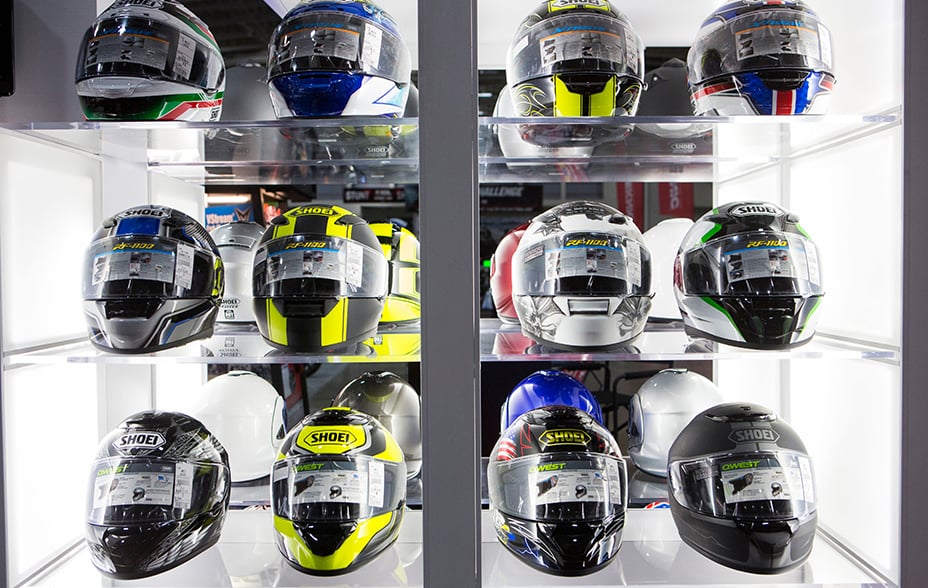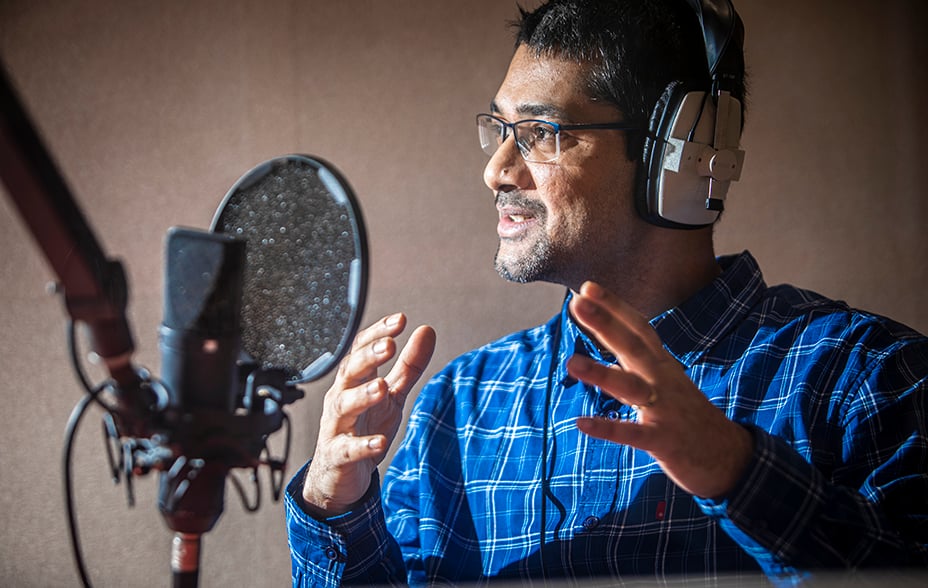Key Points
- To find Japan’s exciting growth companies it pays to look beyond the big brands
- The country’s smaller firms are growing by using specialised technology and expertise
- The investor seeking the best small companies should travel beyond Tokyo

© Kristoffer Tripplaar / Alamy Stock Photo
Please remember that the value of an investment can fall and you may not get back the amount invested.
Many years ago, a man walked into a Japanese inn after a motorbike ride in the countryside. The visitor’s colourful crash helmet caught the young innkeeper’s eye. They got chatting and struck up a strong bond.
The guest went on to be the founder of Honda. His host started designing helmets of his own and launched premium helmet-maker Shoei. Honda eventually adopted the manufacturer as its favoured supplier of helmets.
While Honda is the name that’s known to almost everyone, it is Shoei and its “sci-fi futuristic” helmets that piqued the interest of Praveen Kumar, manager of the investment trust Baillie Gifford Shin Nippon.
He cites Shoei as an example of Japan’s rich layer of small and medium-sized enterprises (SMEs) that excel in a particular business niche and that often prove themselves to be “refining manufacturing techniques to end up with a premium product.” Kumar defines SMEs as companies with fewer than 300 employees and less than $1.5bn dollars in market capitalisation. Japan has over three and a half million small and medium sized businesses. They employ about seven in 10 workers in the private sector.
“To me, this swathe of SMEs forms the beating heart of Japan’s economy” he says. “For a long time, they have just been overlooked. Not just by overseas investors but, funnily enough, by a lot of domestic investors as well. Therein lies our opportunity.”
Unlike Germany’s Mittelstand, Japan’s SME sector doesn’t have a “nice catchy name” by which it’s known to the world. Still, to Kumar, they are “the building blocks of corporate Japan”, just as they are in Germany. In both countries SMEs thrived in the post-Second World War era by supplying the needs of massive ‘national champions’ in industrial sectors such as steel and cars.
That was Japan’s second wave of industrialisation and innovation, following its initial 19th century modernisation. Now, Kumar reckons we are living through a third wave of innovation, which is less about the big physical products and the consumer electronics associated with the international brands such as Sony, Toshiba and Toyota. Instead, Kumar says, it’s about: “identified specific niches within these larger industries, where expertise built over the decades is needed”.
“The best SMEs have established leading global positions in these critical components across many supply chains”.

Shoei’s handcrafted hi-tech helmets with their ingenious satnav lens attachments and voice-controlled phones are now enjoying “explosive sales growth” in the US and Europe. Another example is Shima Seiki, which makes automated knitting machines.
That company has perfected a “whole garment machine” whose software can convert a pattern into a complete piece of clothing in a single production run, saving time and manual labour and reducing the waste generated by stitching fabric pieces together. It’s a key advantage in the notoriously wasteful global apparel industry.
Another SME that has impressed Kumar is sportswear and accessories business Descente. To him, it’s a good example of a long-established business that had the vision to reinvent itself under new leadership and adapt to new market developments.
The company has licences to sell European brands including Le Coq Sportif and Umbro in Asian countries such as Japan, South Korea and China. While domestic sports brands are still the favourite of Japanese customers, Descente has focused its efforts on China.
“The new management team has engineered a joint venture between Descente and one of China’s largest sporting goods companies, Anta Sports. Anta Sports is helping Descente expand its brand through its considerable reach across China and helping it with advertising and marketing as well.”
Kumar recently returned from his first trip to Japan since the start of the pandemic, to recce and reconnect with the country’s SMEs. After two weeks in which he met roughly 40 companies, he is “cautiously optimistic” that their underlying strengths can resist macroeconomic conditions.
And his main piece of advice for those seeking the best smaller companies? “Spend as little time as possible in Tokyo to get a more rounded view of what’s happening in the Japanese economy”.
Hear more from Praveen Kumar by listening to the podcast at bailliegifford.com/podcasts
Important information
Investments with exposure to overseas securities can be affected by changing stock market conditions and currency rates. Shin Nippon’s exposure to a single market and currency could increase risk. Investing in smaller, immature companies is generally considered higher risk as changes in their share prices may be greater and the shares may be harder to sell. Smaller, immature companies may do less well in periods of unfavourable economic conditions.
The views expressed should not be considered as advice or a recommendation to buy, sell or hold a particular investment. The article contains information and opinion on investments that does not constitute independent investment research, and is therefore not subject to the protections afforded to independent research.
Some of the views expressed are not necessarily those of Baillie Gifford. Investment markets and conditions can change rapidly, therefore the views expressed should not be taken as statements of fact nor should reliance be placed on them when making investment decisions.
Baillie Gifford & Co Limited is wholly owned by Baillie Gifford & Co. Both companies are authorised and regulated by the Financial Conduct Authority and are based at: Calton Square, 1 Greenside Row, Edinburgh EH1 3AN.
The investment trusts managed by Baillie Gifford & Co Limited are listed on the London Stock Exchange and are not authorised or regulated by the Financial Conduct Authority. Baillie Gifford & Co Limited is an Authorised Corporate Director of OEICs.
A key information document is available by visiting bailliegifford.com
Ref: 36733 10018820




